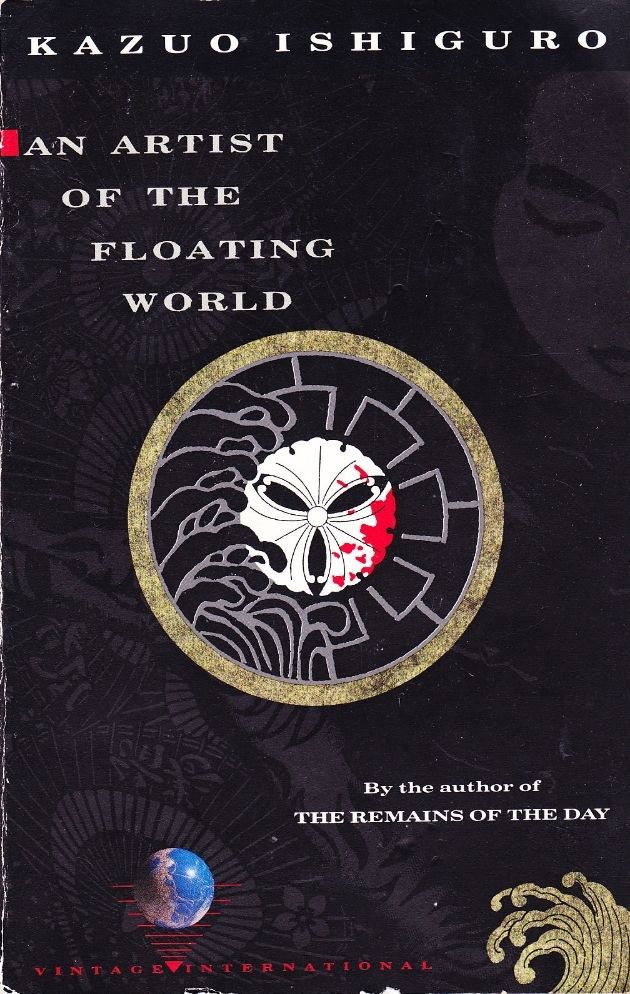
From Kazuo Ishiguro, the author of Remains of the Day and Never Let Me Go, comes a subtle condemnation of the Japan's War generation. The narrator is a once famous artist Masuji Ono who helped the war propaganda machine with his mastery skills. Now (1948-49) the war is over and his home country defeated and demoralized, Ono sees the new generation wants to erase the shameful past and move on. Triggered by his daughter's in-depth marriage negotiation, Ono slowly examines if leaving the floating world of pleasure and trivial matters of the art world in order to pursue something more important- the country's war effort with patriotic zeal, was indeed the right path to take as an artist.
I thought it was about time that I take a swipe at the Floating World for the namesake of my blog and gmail account. Nothing much really happens in The Floating World. Ishiguro is a great writer with immense talent. His writing is as subtle as ever - both Japan and England are seen as extremely polite society where hardly anyone says what's in his/her mind directly. Ono, with his deep seeded guilty conscience, everything he hears from his two daughters and their husbands, his colleagues and acquaintances has some sort of accusatory insinuations in his mind. Being an artist is a complex subject in time of war for Ishiguro: Ono is easily forgiven by society just because he is a mere artist, but not forgiven by himself who thought he was doing something right at the time which caused the nation irreparable damage. An Artist of the Floating World is a quiet but spikey examination of the aftermath of WWII Japan.
No comments:
Post a Comment